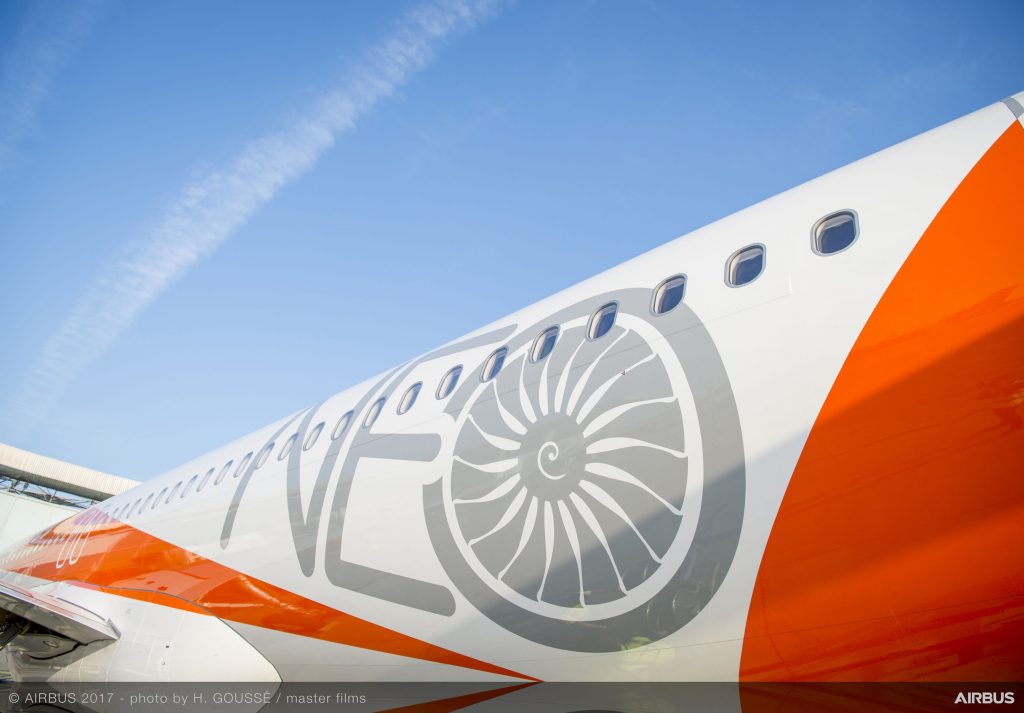 EasyJet chief executive Johan Lundgren has warned the UK government that this is its “last chance to save the UK airline industry”, as its inaction could permanently hinder the local sector.
EasyJet chief executive Johan Lundgren has warned the UK government that this is its “last chance to save the UK airline industry”, as its inaction could permanently hinder the local sector.
According to Lundgren, a lack of targeted government support for the local aviation sector will only make the UK travel industry “increasingly reliant” on foreign airlines when conditions improve.
“This is the last chance to save the UK airline industry and ensure it is as vibrant and competitive after COVID as it was before,” he said. “I hope the government takes it.”
Lundgren noted that competitors in countries across the globe, including France, Germany, Italy and the US, have been provided with targeted support specifically for the aviation industry, a step that is yet to be taken in the UK.
“We have seen our main competitors in Europe all receiving various forms of aid and support from their governments, much greater than anything that has been granted to UK airlines,” he writes.
“By contrast, the British government has so far provided nothing specific for the aviation sector.”
He warned that UK carriers are being forced to “mortgage their future” in order to survive the pandemic, by taking on copious amounts of debt, putting these airlines in only more financially precarious situations.
In order to assist the local aviation sector, Lundgren encouraged the UK government to introduce “targeted support for airlines like easyJet that have always been profitable and are part of the UK’s success story”.
Firstly, he suggested the removal of passenger taxes “for the next year”, as well as an extension of wage support programs to help the aviation industry get through its expected slow winter, as current UK-wide aid programs are set to end in October.
He also criticised the fact that non-aviation specific COVID-19 recovery packages have provided “as much” financial aid to foreign carriers as it has to UK airlines, likely referencing Hungary’s Wizz Air, which qualified for the UK’s Covid Corporate Financing Facility scheme thanks to its UK base in Luton.
The UK government has said this week that it intends to produce an “aviation recovery plan” prior to the winter slowdown.
Lundgren’s comments follow the recent announcement that easyJet will close three of its UK bases – Stansted, Southend and Newcastle – as it tackles its financial woes in light of diminished demand and ongoing international travel restrictions.
Additionally, easyJet began consultations back in May, on proposals to cut up to 30 per cent of its 15,000 employees.
Lundgren described the decision as “one of the hardest things I have had to do since joining easyJet”.




